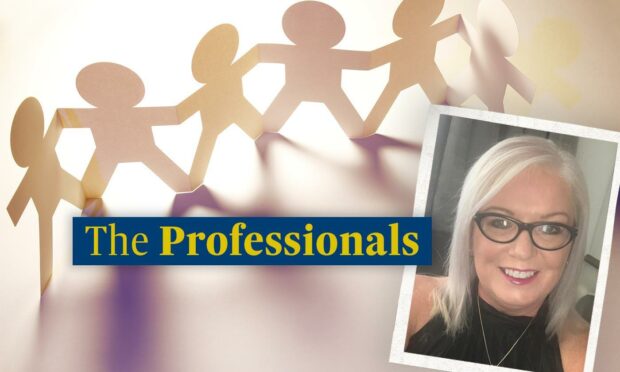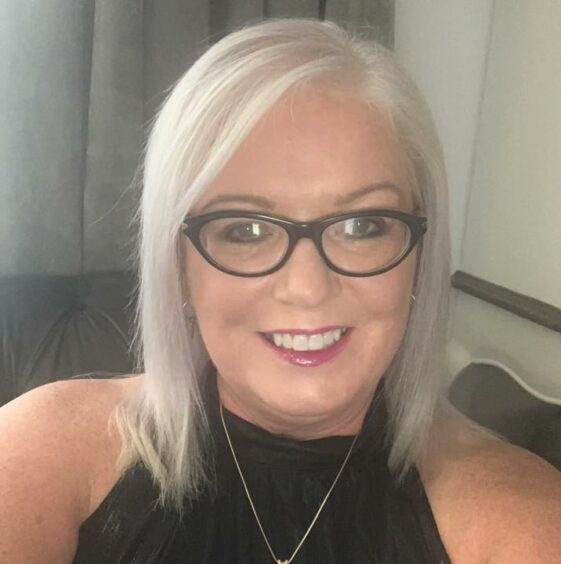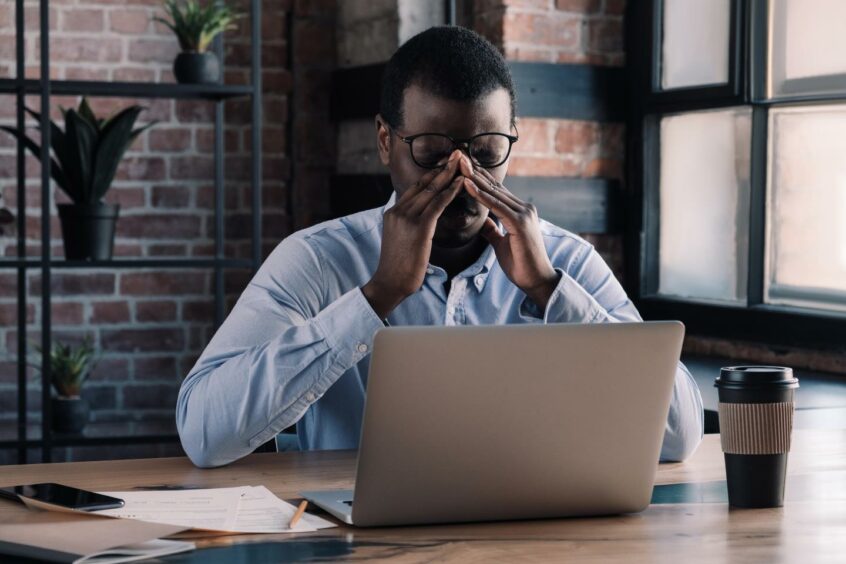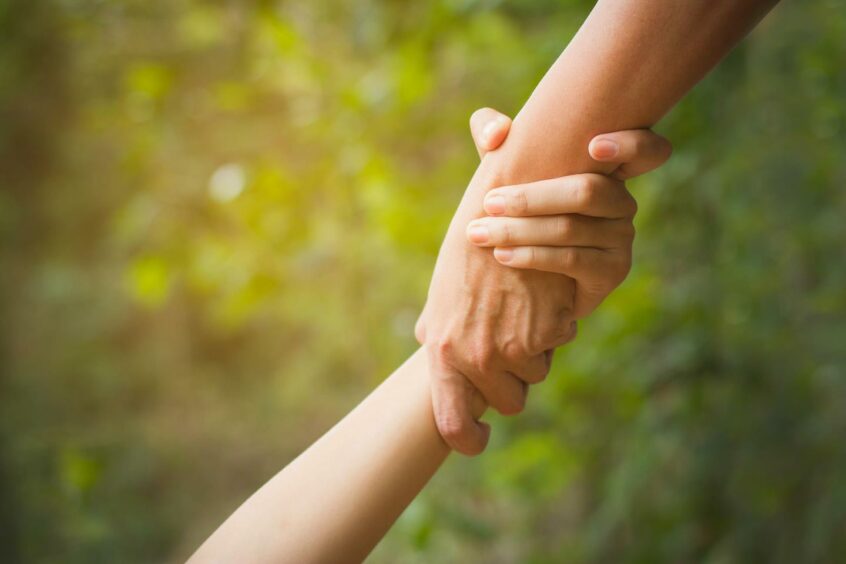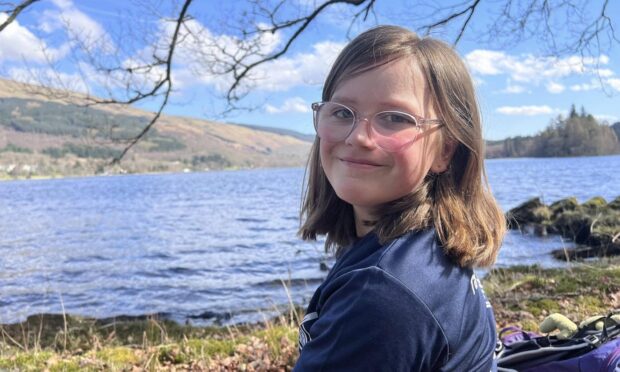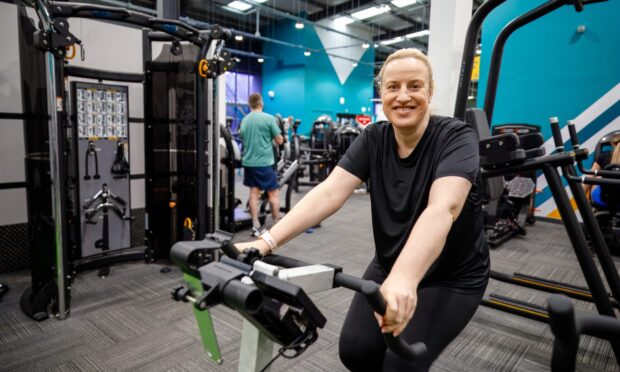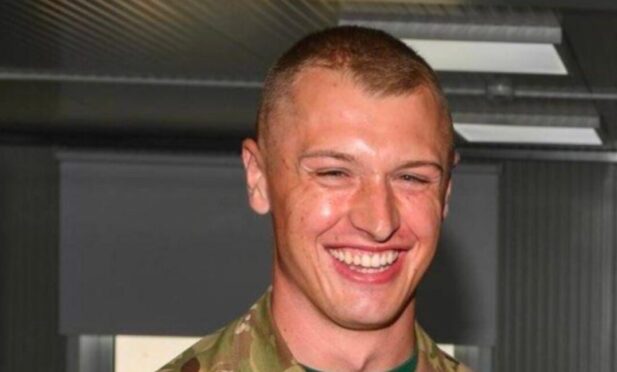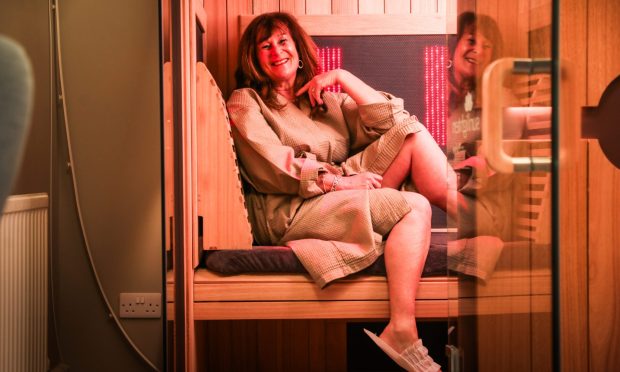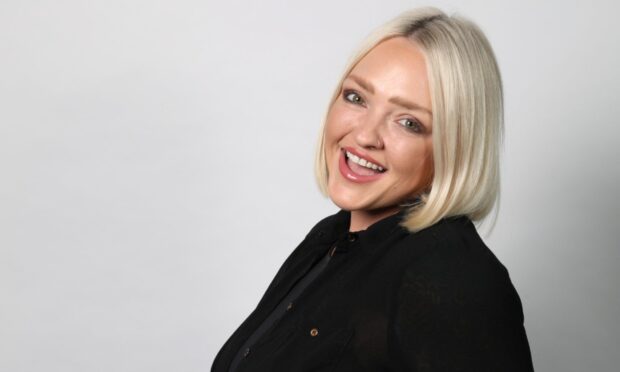Eating disorders are serious mental illnesses that impact the lives of those struggling, as well as friends, family and carers.
But charities and organisations across Scotland are working hard to ensure support is available for those who need it.
To mark Eating Disorder Awareness Week we spoke to Diane Waugh, operations director at Fife eating disorder charity, SupportED.
The charity provides peer support, so those struggling can speak to others going through similar things to them.
They also provide one-to-one befriending and can support carers and families, too.
How can SupportED help people who have an eating disorder?
We’re a pro-recovery organisation and recognise that recovery looks different for each individual.
We aim to provide support that can empower people to seek clinical help. We encourage and support them at any stage in their journey towards recovery.
Currently we support individuals with eating disorders over 18 years old, but we also provide training and support for parents and carers of young people under 18.
How can peer support help?
Generally, there is not a lot of understanding around eating disorders and how they are primarily a mental health condition.
Even GPs only currently receive two hours of training on eating disorders.
#EDAW2022 is next week and we need you!
Eating disorders are #WorthMoreThan2Hours 💕 pic.twitter.com/FCItEG2jpw
— Beat (@beatED) February 25, 2022
People who are affected often feel isolated and misunderstood. Because of the stigma that still exists, it’s difficult to talk to people about how it is impacting on your life.
Peer support at our groups and through our befriending service, where some of our befrienders have lived experience, helps people to feel safe and more confident to talk.
This helps reduce social isolation and anxiety, and gives hope that recovery is possible.
How does having an eating disorder impact a person’s life?
Depending on the severity of the eating disorder, some of the most common things our service users tell us are they lead to anxiety, depression, low self worth, low energy, lack of motivation and social isolation.
It can impact on relationships, ability to study, get a job or can make everyday tasks like shopping and going out with friends seem very difficult or impossible at times.
Being extremely underweight or overweight also has huge medical implications and requires hospitalisation in severe cases.
For some people who appear to be functioning normally, the strain of hiding their eating disorder is mentally exhausting.
What can people do if they’re worried a loved one might be suffering in silence?
Try talking calmly to your loved one about your concerns and encourage them to speak to their GP in the first instance, reassure them that help is available.
Come along for some peer support and meet other people affected by Binge Eating disorder.
✨Share your experience
✨ Hear from others
✨ Gain invaluable support
✨ Safe open spaceKeep up to date with our support group meetings via our website: https://t.co/UdlgOWv5Dz pic.twitter.com/88Woj6dLO5
— Supported (@SupportEDScot) February 6, 2022
If this is not working call us and we can offer training to help you understand how best to approach your loved one and keep communication channels open.
We are also there to offer you emotional support as well as information on eating disorders.
What would you say to encourage someone to reach out for help?
You are not alone and recovery is possible!
We are a small friendly organisation. Some of the staff, volunteers and trustees have recovered from their own lived experience of eating disorder so we understand how hard it is to take that first step.
You can make contact by calling 07716 639067. Or email hello@supportedscotland.org and we can call you.
Befriending is available if you’d prefer one-to-one support. You can also join an online peer support group or access email support.
- For more information see SupportED and other support services click here.
